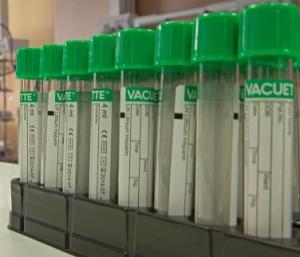Prostate cancer early detection program
The evaluation of males with the greatest risk of prostate cancer gives us the opportunity to perform an early diagnosis and be more effective in treating this type of cancer through a specific monitoring program.
Incidence
Prostate cancer is one of the most common types of cancer in males. This incidence is directly related to age: at age 50 approximately 1 out of 4 men have prostate tumor cells and at age 80, the disease affects 1 out of 2 males.
An enlargement of the prostate does not necessarily indicate the presence of a tumor. It may only be a benign hypertrophy.
Prostate cancer tends to progress slowly. The cause is not yet clear. It seems that the origin is a mutation in the DNA of some prostate cells causing an abnormal proliferation leading to the formation of a tumor.
It is important to be familiar with the risk factors. There is a higher rate of prostate cancer from the age of 65 as well as in black males. A diet rich in saturated fats, obesity and prior family history of prostate cancer also appear to also have an influence.
Prevention
The only way to prevent these tumors is:
- Maintain a healthy weight.
- Limit the intake of fats, especially saturated (animal and dairy).

An Early Diagnosis
The early diagnosis of prostate cancer can be done by:
- Medical examination
- The measurement of the prostate-specific antigen (PSA) with a blood test must be carried out regularly from 50 years of age in general, and from the age 40 if there is a family history.
At iTAcC we recommend that you consult a specialist and schedule regular checkups for early detection of prostate cancer even in the absence of symptoms. Our institution has the human and technical resources necessary to conduct a thorough study for the early detection of prostate cancer and propose the most appropriate treatment.
The Program for the Early Detection of Prostate Cancer iTAcC includes a genetic study when necessary in order to determine the level of risk, establish a specific monitoring program, to obtain an early diagnosis and to act more effectively.


